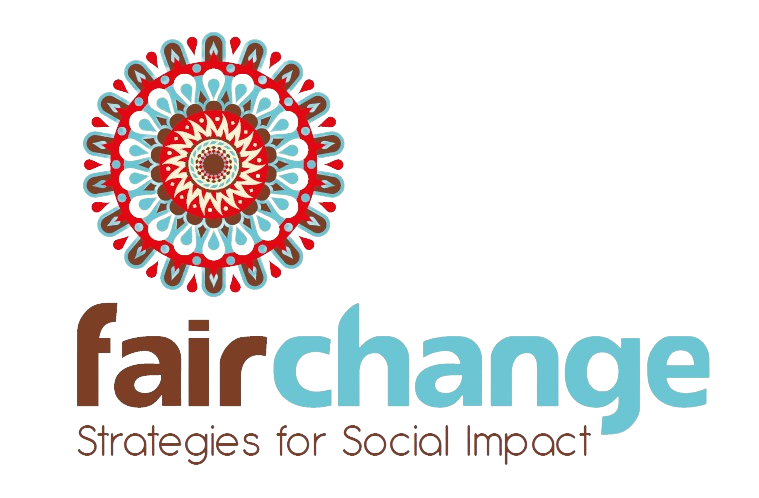FairChange > Impact opportunities >
Let us help you promote human rights in your operations and supply chain
Human rights are everyone’s rights. We all deserve to live in dignity and prosperity and we should prevent harm being done to others. Human rights are also highly relevant for your business. Consumers in developed and emerging economies are increasingly losing trust in companies that don’t address worker’s conditions or child labor in their supply chains. The number of regulations on business and human rights is rapidly expanding.
A good human rights record also enhances market performance. Studies demonstrate that companies who actively promoted the wellbeing of workers made them around 12% more productive (University of Warwick, 2015) and increased their market returns by over 11% (Fortune, 2018).
Discover why supporting human rights is the right thing to do. Download the free FairChange eBook: 7 Ways respecting human rights creates value for society and your business
Putting commitment with human rights into action is not always easy. How to adapt existing business practices to new regulations? Especially in emerging markets plagued by extreme poverty, weak government presence or conflict, companies face complex challenges.
At FairChange, we help you integrate human rights into your business.
We’re glad to assist you in developing policies and practices that reduce human rights risks and promote positive impacts in your operations and supply chain.
How we help you integrate human rights into your business practices
We focus on enabling businesses to maximize the opportunities for responsible human rights management, beyond legal compliance. These are some of the areas where we can help you make a difference:
Why team up with FairChange?
You’ve found the right partner especially if:
… your company is new to the promotion of human rights and you ask yourselves:
… your company already has experience with human rights management, and you wonder:
Depending on your company’s context we can adjust our offer to your specific needs. Find out more about our approach:

Are you interested in working with FairChange to help you integrate the human rights of workers and communities into your company’s operations? Or would you like to receive detailed information first? Book a free consulting call and ask any questions you have!
What are human rights and why are they important for your company?
Read it here:
Download the free FairChange eBook:
7 Ways respecting human rights creates value for society and your business
FIND IT SOON ON THIS WEBSITE!
The Guiding Principles on business and human rights have traveled quite widely, and social expectations are different today. Even in the most isolated communities – in mining areas in the Andes and lumber operations in Asia – people are demonstrating because they heard somewhere that they have rights.
John Ruggie, professor at Harvard’s Kennedy School of Government, author of the UN Guiding principles on business and human rights

